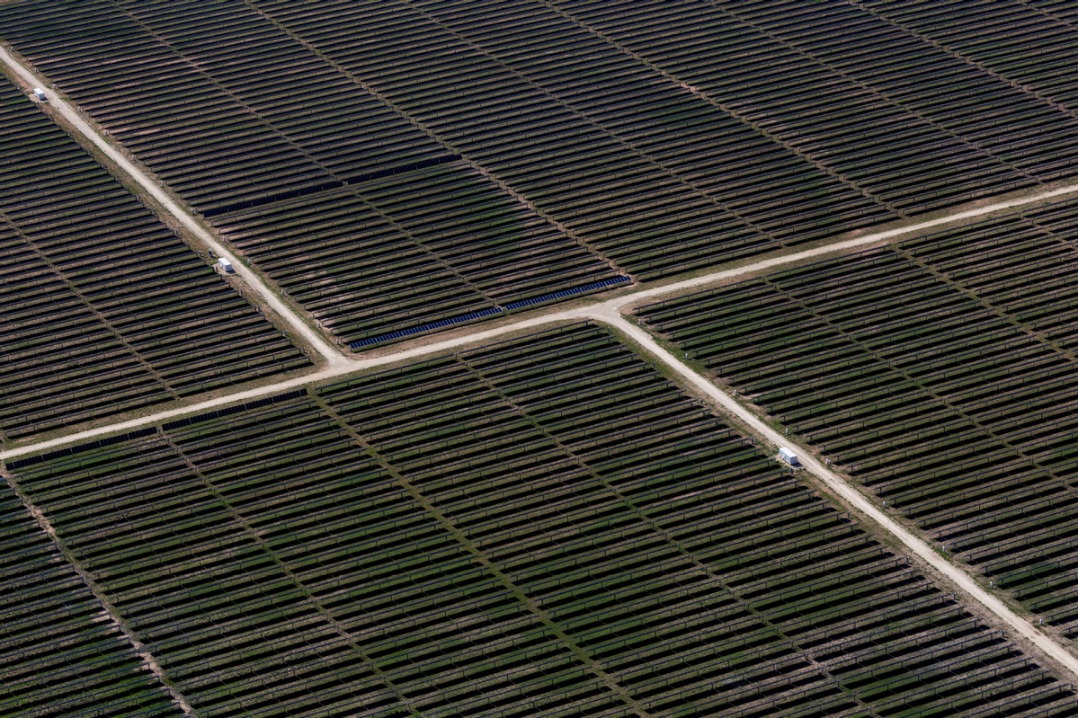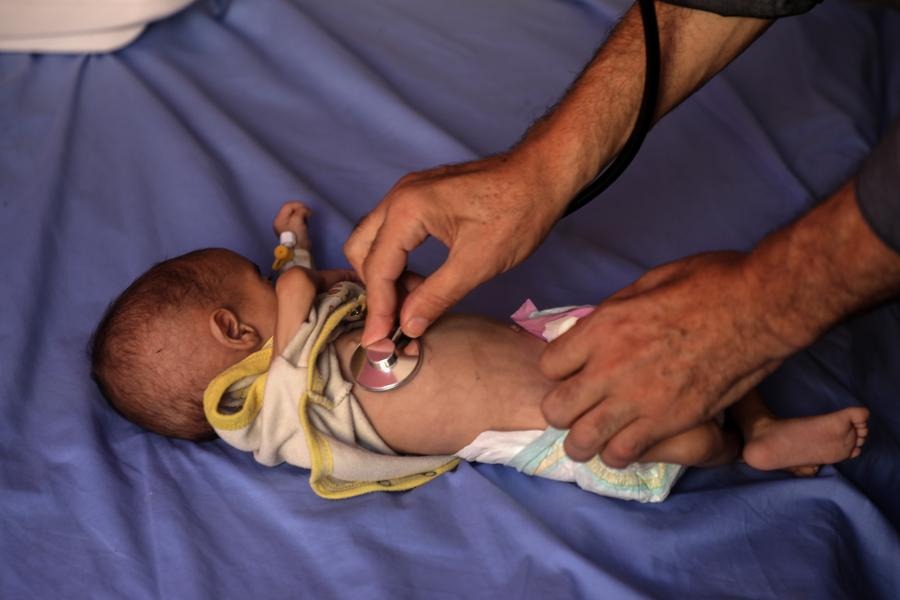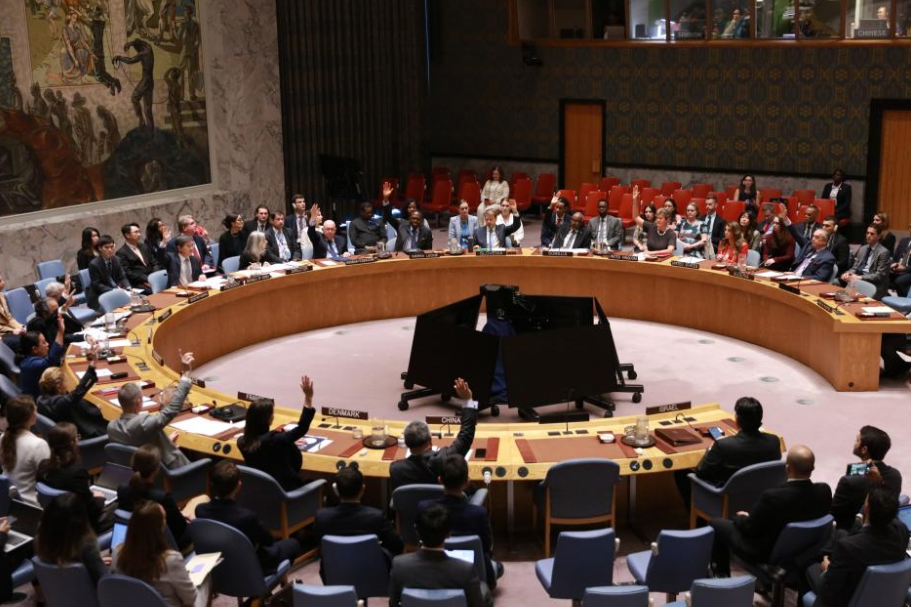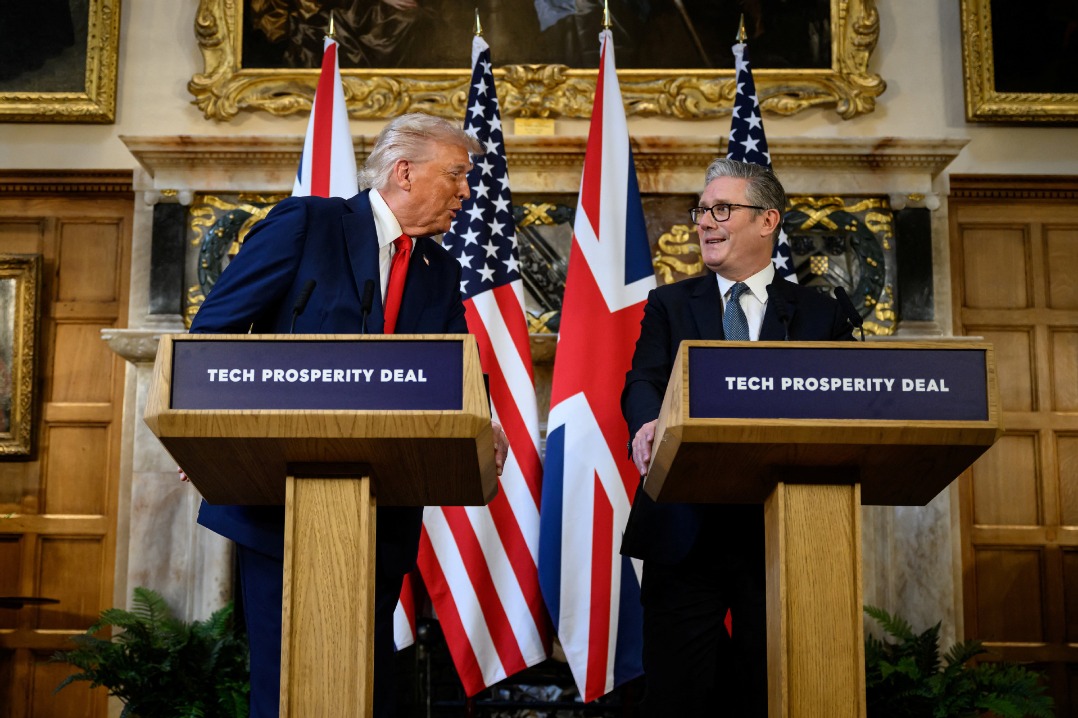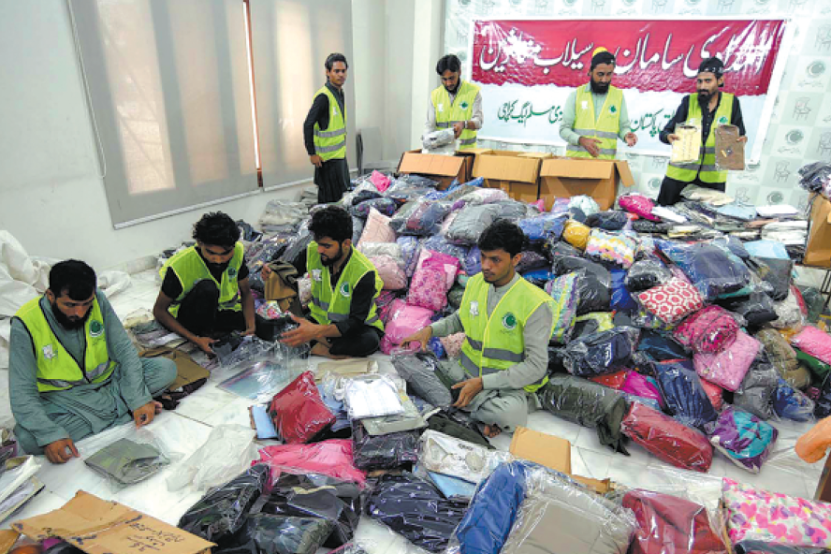Japan urges US to review tariffs as economic growth forecast is lowered

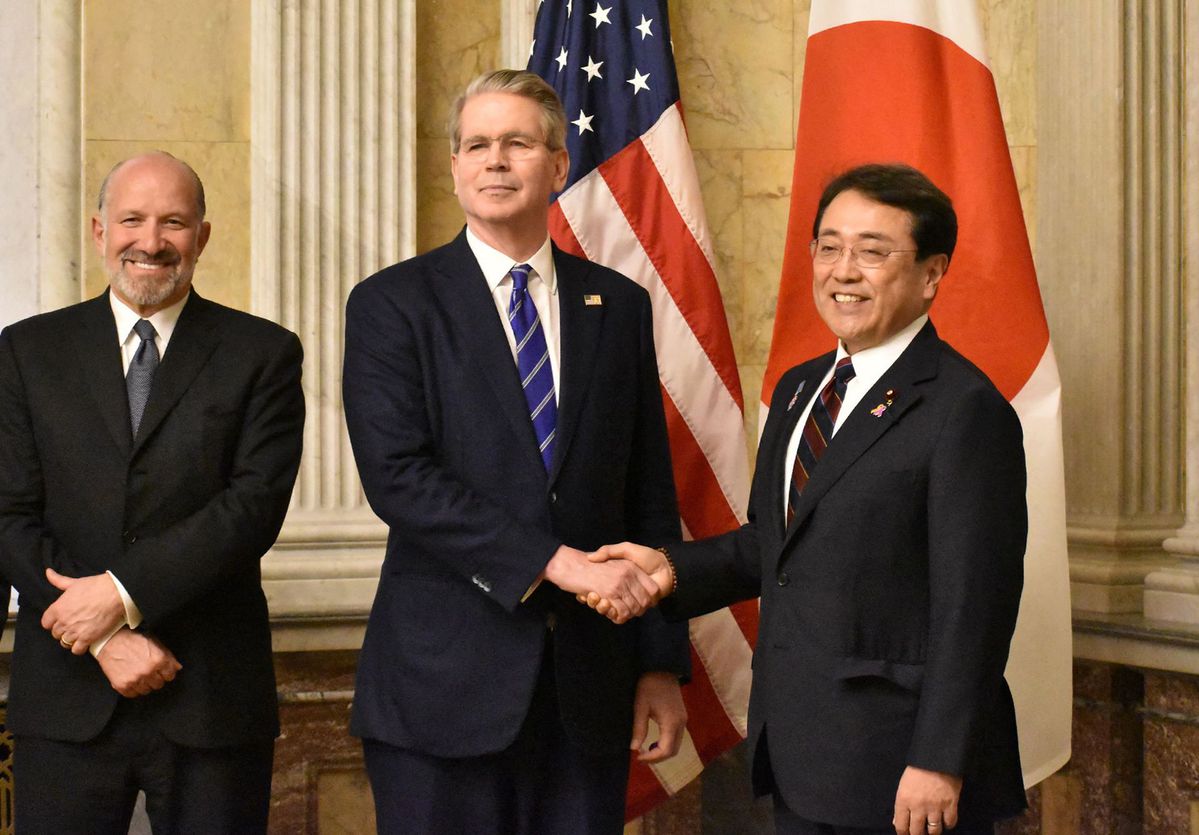
Japan again urged the United States to review and lift tariffs on key products during their second ministerial meeting on tariffs on May 1 in Washington, while agreeing with the US on further intensive ministerial-level talks, according to Japan's chief tariff negotiator Ryosei Akazawa.
Following his meeting with US Treasury Secretary Scott Bessent and other US Cabinet members, Akazawa, Japan's minister in charge of economic revitalization, told reporters that the discussions covered topics such as trade expansion and non-tariff measures.
He emphasized that Japan strongly urged a review of the US tariffs, reiterating his call for the US administration to lift the recently imposed tariffs on automobiles and other goods, which have raised concerns about a potential economic slowdown.
"With the national interest at stake, there are issues that must be resolved at the working level," Akazawa said. "We are still in a phase where we need to build things up."
The two sides also agreed to launch intensive working-level discussions starting May 2. Akazawa indicated that, based on the progress of future negotiations, it would be desirable to reach a leaders' agreement as early as June.
In pursuit of a give-and-take negotiation, Akazawa was expected to present a package of proposals to Bessent, likely including increased purchases of US corn and soybeans. Japan is also considering expanding tariff-free imports of US-grown rice. Additional proposals may involve streamlining safety and environmental inspections for imported vehicles, Kyodo News reported.
Amid the ongoing impact of US tariff policies, the Bank of Japan (BOJ) has revised its economic outlook downward, lowering its forecasts for real gross domestic product (GDP) growth.
The updated projections show Japan's economy growing by 0.5 percent in fiscal 2025 and 0.7 percent in fiscal 2026 — down from earlier estimates of 1.1 percent and 1 percent, respectively. For fiscal 2027, the bank forecasts a modest recovery, with growth reaching 1 percent.
"Since the United States announced reciprocal tariffs, uncertainty over global trade policies has remained extremely high," said BOJ Governor Kazuo Ueda at a news conference on May 1, following a two-day Monetary Policy Meeting.
The BOJ's outlook report, released the same day, warned that a weakening global economy is likely to reduce exports and production, erode corporate profits, and dampen business investment amid the broader international slowdown.
A recent survey by the Development Bank of Japan found that 20 percent of companies based in Japan believe the US administration's tariff measures could negatively impact their business, with the auto industry expected to be the hardest hit. Starting on May 3, the US will impose a 25 percent tariff on key automotive components. According to a separate survey by Nikkei, over half of Japan's major auto parts manufacturers anticipating increased costs due to the tariffs are considering raising their prices. If these costs are passed on, it could result in higher vehicle prices and weakened consumer demand.
The Japanese government has already approved an emergency package aimed at supporting corporate financing and job retention, and it plans to introduce further assistance measures if needed.
In a report released on April 8, economists at Nomura estimated that the US' "reciprocal tariffs" would reduce growth of Japanese real exports of goods and services by 1 percentage point and trim Japan's real GDP growth by 0.3 percentage points, compared to a scenario without tariff hikes.
They predict the Japanese government will prioritize negotiation over retaliation against the US, while the BOJ is expected to continue gradually adjusting its monetary easing policy in response to rising wages and prices.
jiangxueqing@chinadaily.com.cn
















